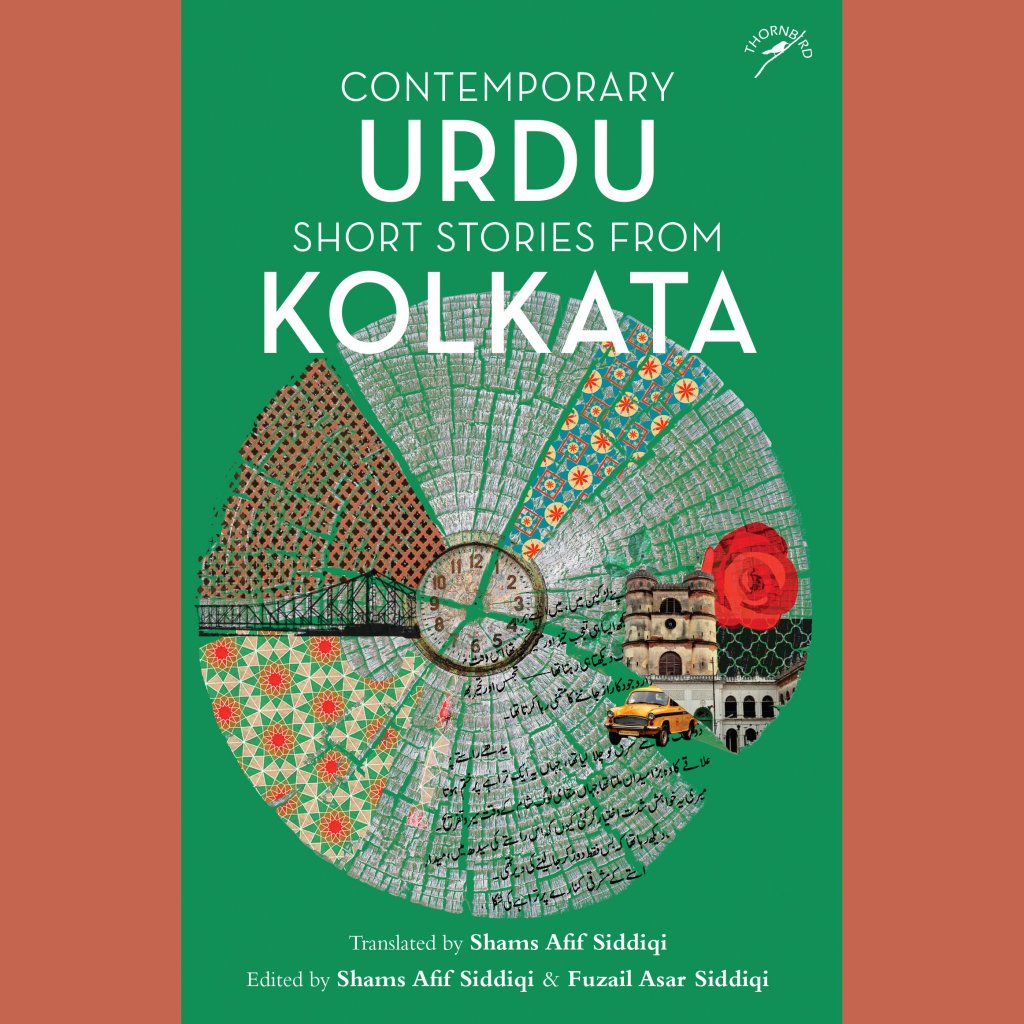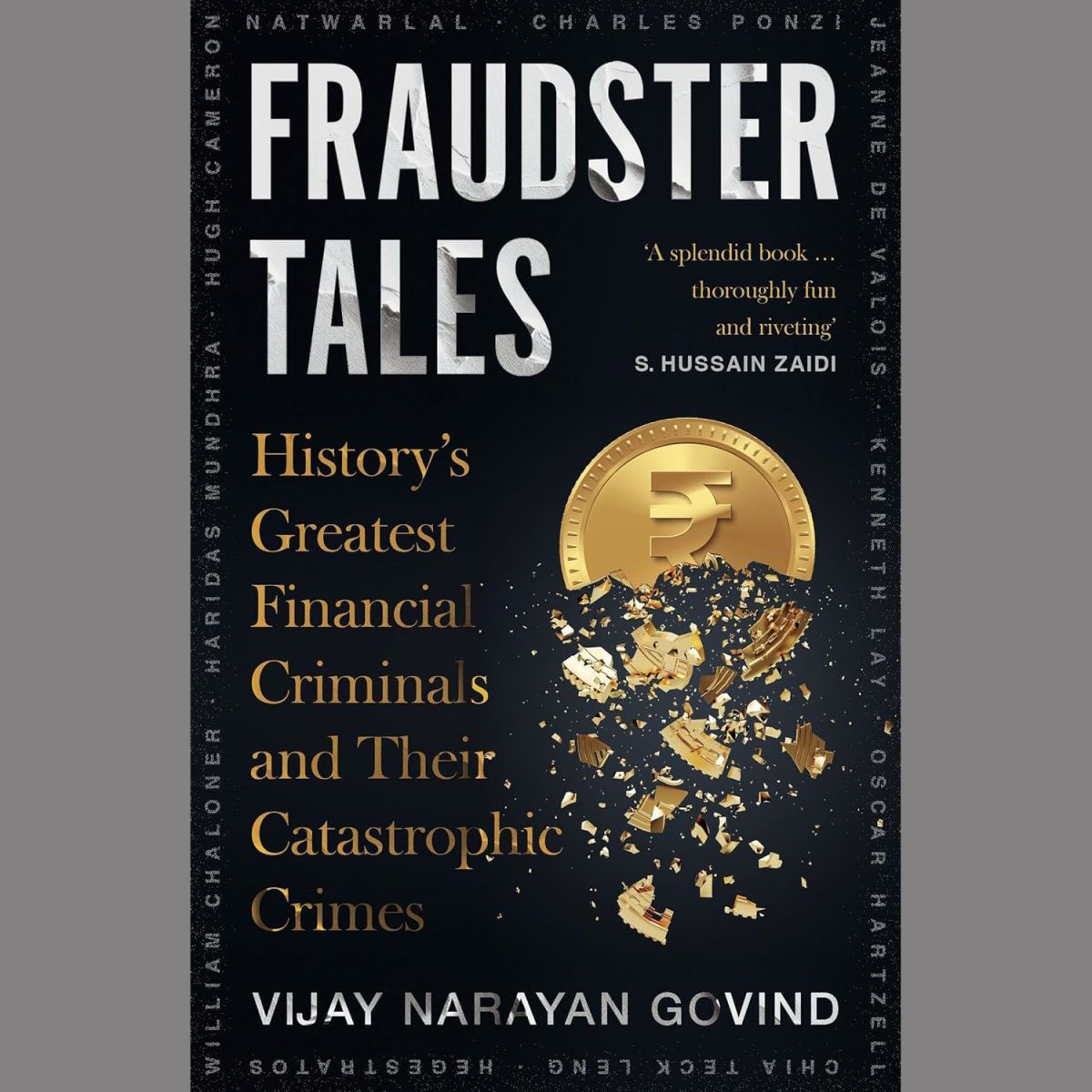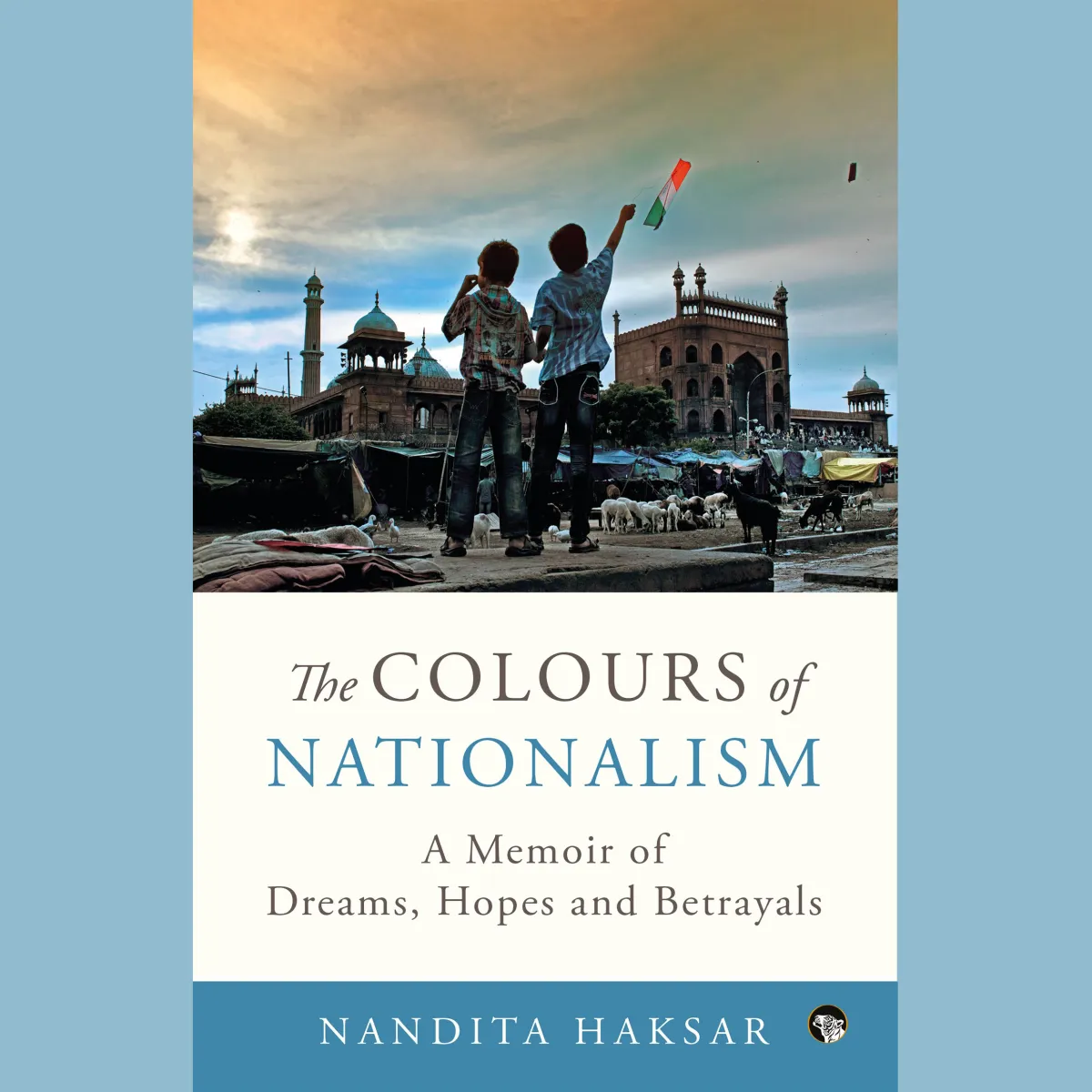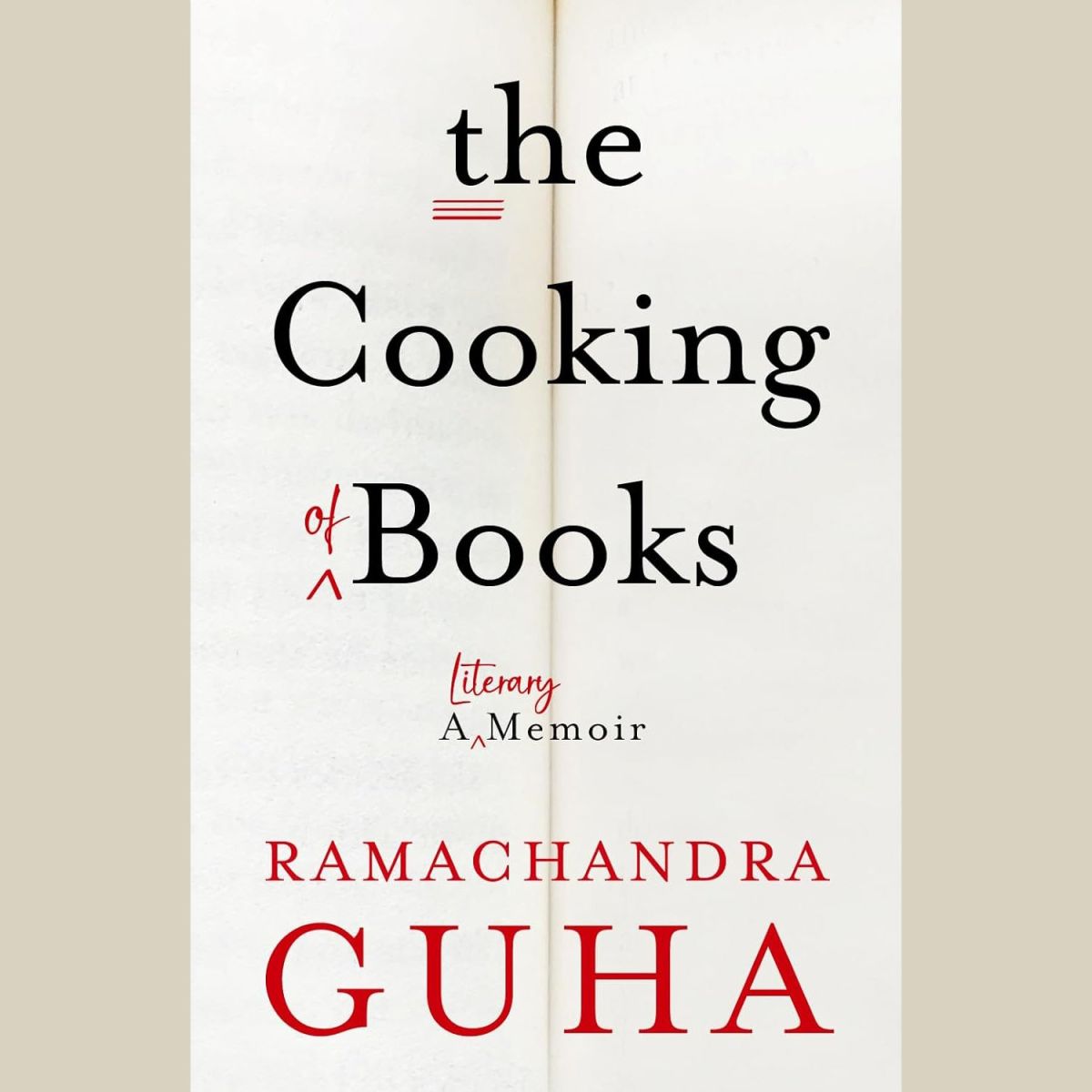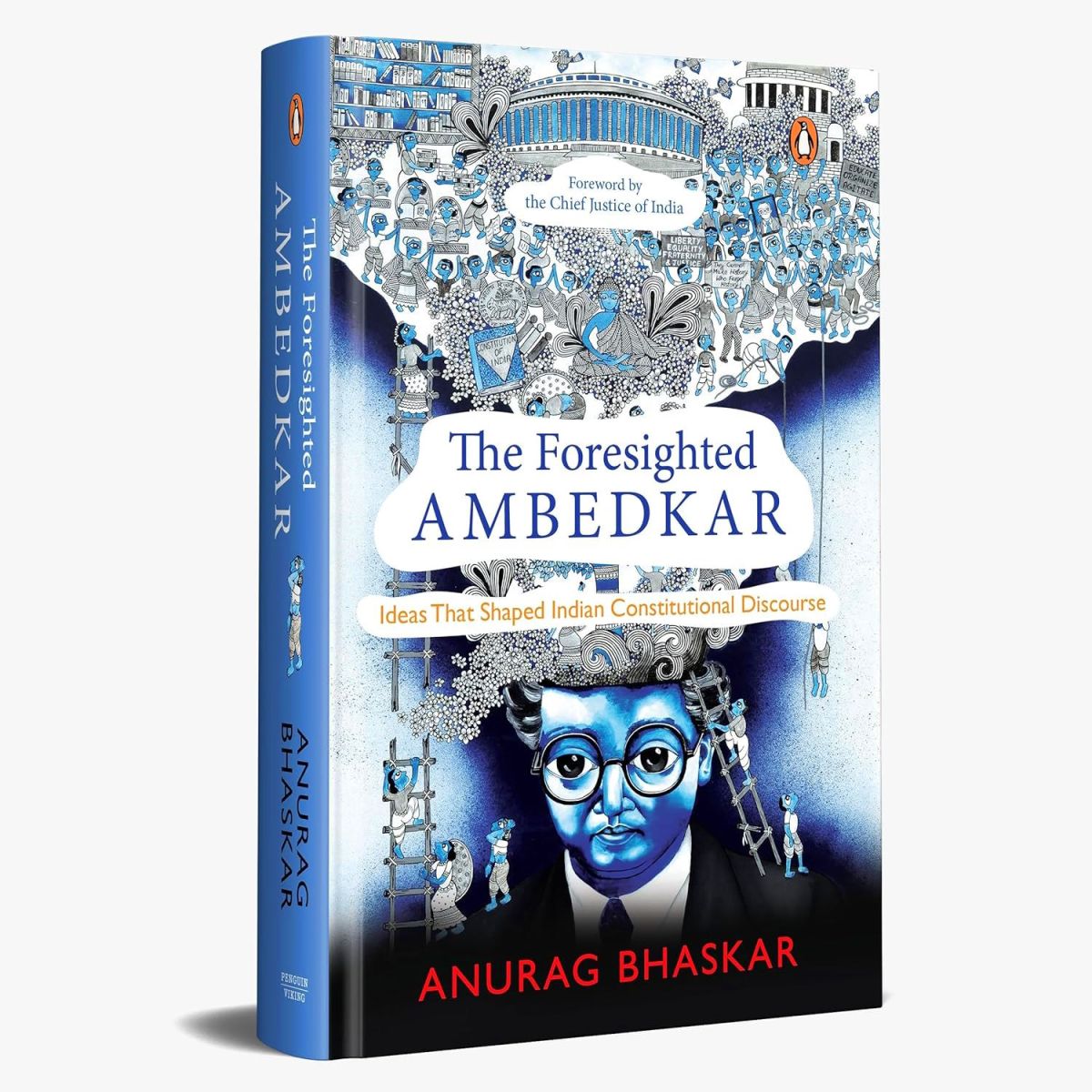The name says it all; Contemporary Urdu Short Stories from Kolkata is an anthology of stories from writers like Sayeed Premi, Firoz Abid, Anis Rafi, Siddique Alam, Mahmoud Yasien, Shahira Masroor, Anisun Nabi and Reyaz Danish. The stories, originally written in Urdu, have been translated into English by Shams Afif Siddiqi, a former associate professor of English at the West Bengal Educational Service in Kolkata. While Urdu short stories have been translated into English for a long time, ‘writers from West Bengal, especially Kolkata, did not find representation,’ says Siddiqi. ‘I just wanted to put Urdu writers from Kolkata before the English-speaking public, who must have been eager to know what they had been doing all these years. They must have been curious about their subject matter, treatment and how they were similar and yet different from other writers in India and Pakistan,’ he adds.
Now, while something of the original story – subtle nuance, an intangible undercurrent, a complex layer – is often lost in a translated piece of work, Siddiqi seems to have done a remarkably good job in ensuring that the translated works stay as close to the original in the case of this book. ‘Dealing with love and loss, dreams and reality, history and violence, this collection encompasses the whole gamut of human experience, seen through the eyes of current Urdu writers from Kolkata,’ says the publisher’s note.
With the publisher’s permission, here is an excerpt from Sayeed Premi’s A New Tenant, one of the many excellent stories in this anthology.
A new tenant arrived at the house of Haji Karim Buksh. It seemed spring had quietly invaded the whole mohalla. The new tenant was Nawab Bedar Bakht. His personality evoked a sense of dignity. He was more than six feet tall, with broad shoulders, a straight neck, bushy brows, and a face with an air of self-esteem. But the spring that arrived at the mohalla was not because of the grand persona of the man. He had four daughters whom God must have created in his leisure. If one was like the poem of Faiz, the other, a ghazal of Riaz. If the third was the Rubaiyat of Khayyam, the other a song of Tagore.
The house of Haji Karim Buksh was situated on a street that looked like a lane. Opposite the house was Firdaus Variety Store, close to it, a paan shop, a Cuttacki masala-wala, and a bit removed, a tea shop that, more or less, remained closed. Next was the shop of a washerman, where the clothes of almost all young men of the area were washed. Further away from the washerman sat a seller of fruits. Then there was the meat shop, whose owner was infamous for weighing less and charging more. There was also a grocer, a tailor, and a masjid. After the masjid, the street turned to its left.
Opposite to the store were Arrow Tailoring and the Hindu grocer, from where people took things on credit. There was the godown of old tyres, a shop that sold tea without sugar, a snack shop that used cheap oil and where the young men with nothing to do crowded all the time. Though this hampered his business, the owner remained tight-lipped, for if he protested, he would lose the little money that came his way. There was also Shamim Eating House, the owner in the cashier’s seat interested in singing panegyrics against his workers. There was the Ladies Tailor that usually catered to Anglo-Indian ladies. His shop was the source of attraction. Passers-by would not forget to throw a casual glance—at the fine fabrics, as well as the exposed parts of the fair ladies. There was also a bald doctor followed by two more shops when the lane turned towards the main road.
Amongst them, Firdaus Variety Store had acquired importance, its income increasing unexpectedly. Outside the store, there was a long, cemented platform. Now, this platform had acquired the position of eminence. The youths would shift-wise occupy seats, that is, one shift for the morning, noon, and afternoon, and another for the evening. The evening shift was of significance because that included students of schools and colleges from well-to-do families. The store owner gained a great deal from the evening shift. He sold the customers things at exorbitant rates. The youth understood his fraudulence yet, gladly allowed him to pick holes in their pockets. As if occupying a seat on the platform to catch a glimpse of beauty was like paying a tax in advance. This was not a big deal, for after every one or two days, the glimpse of unveiled beauty would quench the thirst of their restless, passionate eyes. The four sisters would come around, accompanied either by the Nawab Sahab or by themselves. Those moments were breathtakingly wonderful. From one end to the other, spectators stood, holding their breaths at the spectacle.
The Gujarati owner of Firdaus Store would clean the glasses of his much-cleaned spectacles and put them on. Outside on the platform, the youths would suddenly turn dignified, conscious about gender in the use of words. The Cuttacki masala-wala would hurriedly bring down to the knees his dhoti, dirtier than the dusting cloth; the Shamim Store owner turned decent, the bald doctor, without rhyme and reason, would stand near the door of his dispensary and wash his hands. And those beautiful ladies, that are the enemies of faith, would move out of sight briskly—and come to an end within the flash of a moment. The monotony of life returns once again; the momentary gaiety of life on the lane suddenly turns deserted.
The relationship between longing for the damsels and their physical appearance would go on throughout the day. Thus, six months passed since Nawab Sahab came to our mohalla. In this period, Nawab Sahab had personally come to know many people of the area, and most of them were youths. Then something strange happened. For a week, neither the daughters of Nawab Sahab came on the balcony nor did they venture out of the house. This, especially for those perched on the platform near Firdaus Store, was of extreme torment. Their topic of discussion veered only on this. ‘What’s the matter?’ Rahim’s son, Jamil, asked thoughtfully. ‘Maybe Nawab Sahab might have imposed restrictions,’ Sultan replied. The youth had come from another mohalla to try his luck here. He was a friend of Jamil. ‘I think something is wrong,’ Rizwan broke in. His father had died recently, leaving huge property. That is why his social status had become uplifted. He was a final-year student but only in name. After his father’s death, he was free to choose his way. Rizwan then added: ‘Can it be…’ but stopped midway. Eyes stared, expecting some resolution of the mystery. But silence ensued; the restlessness increased. Some questioning voices arose, and Rizwan remained tight-lipped. Others tried to find answers in the half statement. Rizwan did not complete the statement but immediately left the place. Sultan looked towards Jamil and vice versa. Both were unable to find the meaning that lay behind the stare. Then all left, one after the other. Rizwan’s incomplete statement had put a stamp on their lips.
The next day something created a furore. People saw a jeep of the D.C., D.D., and a large police van outside the building of Haji Karim Buksh. The police had encircled the house from all sides. Nawab Sahab was coming out of the building with his daughters.
Contemporary Urdu Short Stories from Kolkata
Translated by: Shams Afif Siddiqi
Published by: Niyogi Books
Format: Paperback / Kindle
Number of pages: 292 / 233
Price: Rs 343 / Rs 400
Available on Amazon

